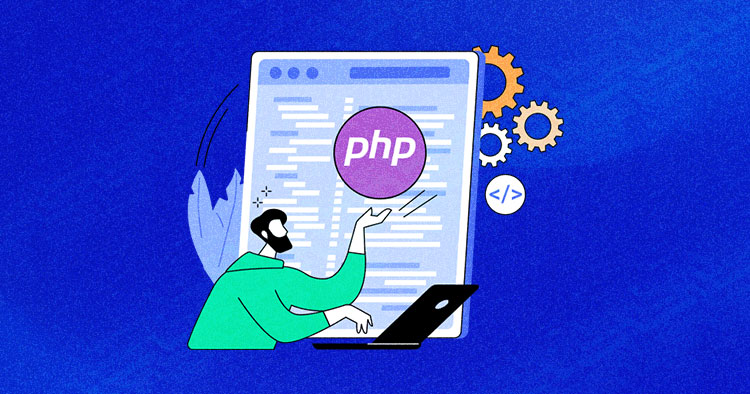CJ Attard Insights
Exploring the latest trends and insights in various industries.
PHP Development: The Unexpected MVP of Web Technologies
Discover why PHP is the surprising MVP of web technologies and how it can elevate your web development game to new heights!
Understanding PHP: Why It Remains an Essential Tool for Web Development
PHP (Hypertext Preprocessor) has been a fundamental technology in web development since its inception in 1994. It is particularly valued for its ease of integration with various databases, especially MySQL. This compatibility allows developers to create dynamic web applications quickly and efficiently. Furthermore, PHP's open-source nature fosters a vast community that contributes to an extensive library of frameworks and tools, such as Laravel and Symfony, which facilitate rapid application development. As a server-side language, PHP remains a go-to choice for many developers, providing the backbone for popular platforms like WordPress, which powers nearly 40% of the web.
One of the key reasons why PHP continues to thrive in the evolving landscape of web development is its adaptability and ongoing updates. With the release of PHP 8, significant performance improvements and new features have solidified its position as a modern choice for developers. Additionally, the consistent backward compatibility ensures that legacy applications can be updated without extensive rewrites. As web technology progresses, PHP’s integration with front-end technologies, APIs, and frameworks like React and Angular illustrates its versatility. Thus, mastering PHP remains essential for any aspiring web developer looking to build robust and scalable applications.

The Evolution of PHP: From Sidekick to MVP in Web Technologies
The journey of PHP from a simple tool to a robust programming language is a remarkable story in the realm of web technologies. Initially created in 1994 by Rasmus Lerdorf, PHP started as a set of Common Gateway Interface (CGI) binaries. It quickly evolved from 'Personal Home Page' tools to 'PHP: Hypertext Preprocessor' as it became a widely accepted language for server-side scripting. Its flexible nature and ease of learning enabled developers, even those without extensive coding backgrounds, to create dynamic web pages efficiently. By the early 2000s, PHP had become the backbone of many popular content management systems, including WordPress and Joomla, which further solidified its place in the web development landscape.
Today, PHP stands as a MVP (Most Valuable Player) in web technologies, powering over 75% of the websites globally. With its rich ecosystem of frameworks such as Laravel, Symfony, and CodeIgniter, PHP has transformed to accommodate modern development practices like MVC architecture and RESTful APIs. Moreover, the introduction of major features in PHP 7 and 8, such as improved performance, type declarations, and enhanced error handling, has made it not only faster but also more versatile for building modern applications. As we look to the future, PHP's adaptability and strong community support ensure that it will continue to play a pivotal role in web development, meeting the demands of both developers and users alike.
Is PHP Still Relevant in 2023? Debunking Common Myths
PHP has been a dynamic player in the web development landscape for over two decades, and it continues to hold its ground in 2023. One common myth is that PHP is dying out due to the rise of modern frameworks and languages. However, statistics reveal that PHP powers a significant portion of the web, including major platforms like WordPress, which alone accounts for over 40% of all websites. This widespread use demonstrates that PHP remains relevant, especially for small to medium-sized projects and content management systems.
Another myth is the perception that PHP is outdated and lacking in modern features. In reality, PHP has evolved tremendously, with the release of versions 7 and 8 introducing advanced features such as Just-In-Time compilation and strong typing. These enhancements have improved performance and reduced the memory footprint, making PHP a viable choice for developers looking to build scalable applications. As the community continues to innovate and contribute to the language, PHP proves that it is not only relevant but also adapting to meet the needs of today's developers.